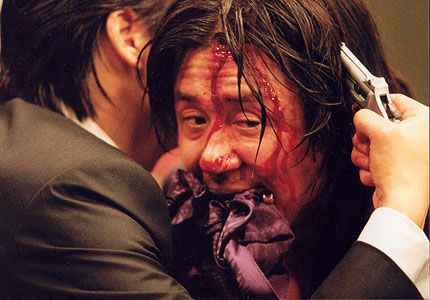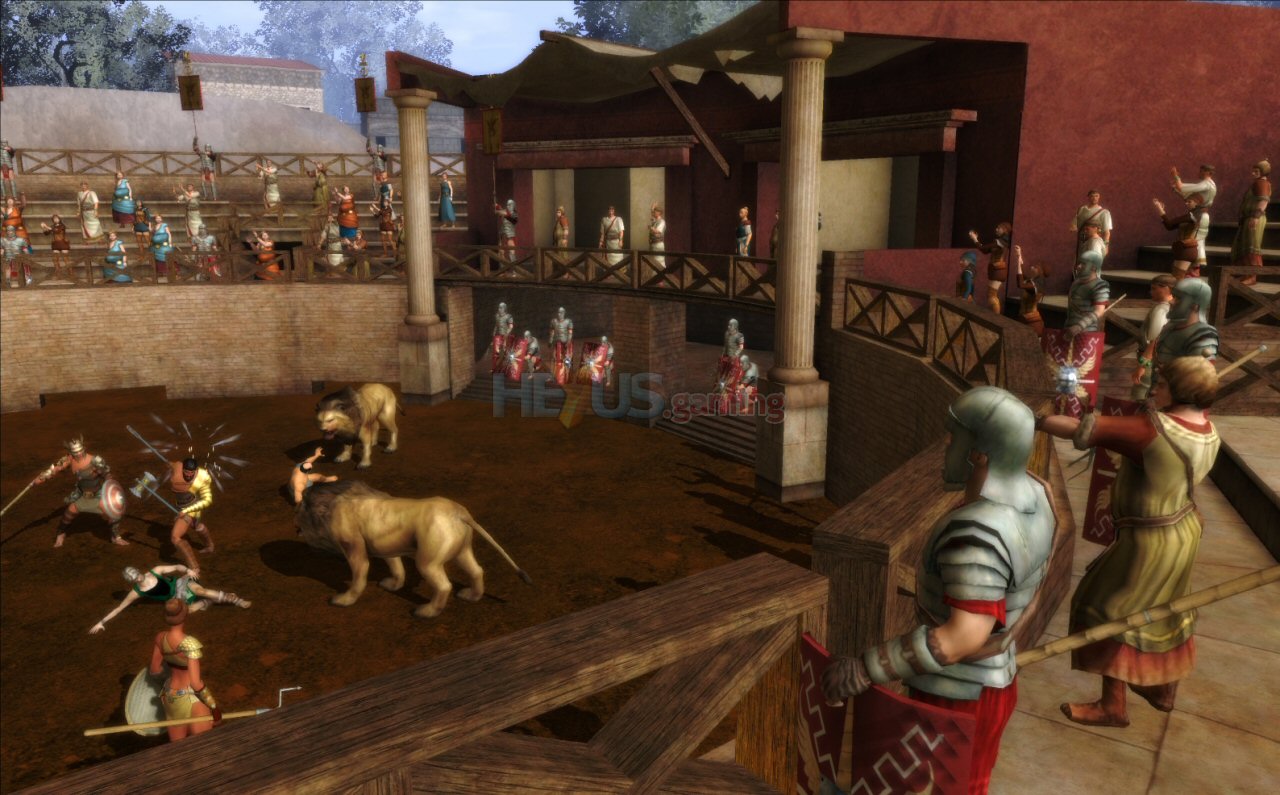I HAVE FURTHER EXPLAINED SOME OF THESE REASONS IN POSTS BELOW
- Violence has been used as entertainment since humans first started keeping records. It has been used in myths & legends, as public sacrfices, at the colloseums of Rome, in ancient Egyptian plays that retold tales of murder. Today public executions still take place infront of thousands of eager onlookers.
- Vladimir Prop believed that violence should have a place in all plays.
- Humans often have a fascination for taboo and things that are deemed as morally wrong. Big fusses are always made about banned books and films such as "A Clockwork Orange," "The Exorcist" and "The Last House On The Left."
- The internet is one of the only ways in which people are granted the freedom of speech. If we were to take violent footage off of it, we would end up censoring everything and this could lead to a 1984 society.
- We have an individual responsibility to be aware of offensive material on the net and steer clear from it. We shouldnt have to intervene to stop people from watching it.
- Humans have a natural desire to break boundaries- especially since the 1960's. Violence on the internet is there to shock, it is not necessarily any more harmful than that.
- If any form of media should be blamed for glorifying violence, it should be film and television. The amount of brutality that we see through these forms of medium desensitize us and blur our reality/fiction perception.
- Consumerism & capitalism have made us into a selfish society where our lives are driven by the want for money, beauty and popularity. We become numb. Shocking entertainment kicks people in the teeth and reminds them about the world outside of the one that they live in.
- Not all violent footage is bad. People watch violence for many different reasons, only a very small percentage watch real violence for light-hearted entertainment.
- Some humans have an innate fascination with violence. If we ban violence on the internet, they may look for it elsewhere which could have far worse consequences.
- Lad's magazines glorify violence by suggesting that it is macho to gain pleasure from looking at it.








